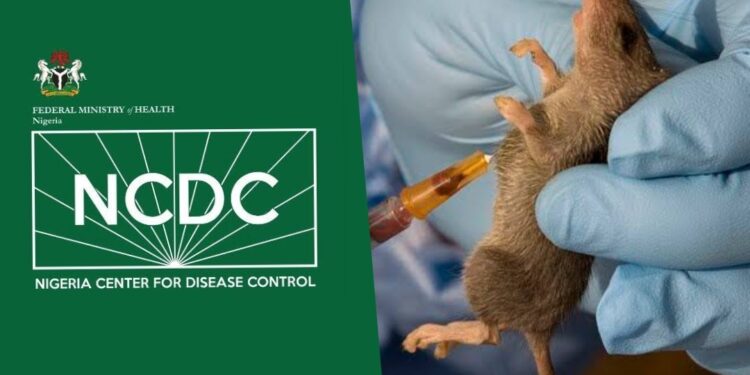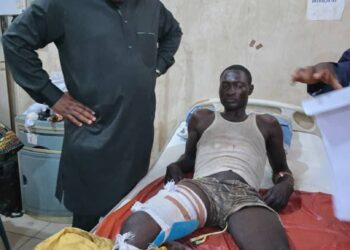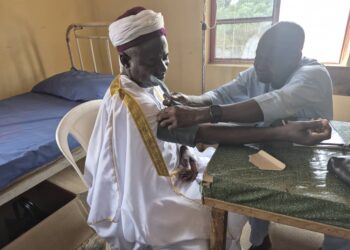The Nigeria Centre for Disease Control and Prevention (NCDC), has reported 645 cases of Lassa fever, between January and March 2025, out of 3,465 suspected cases, leading to 118 deaths across 33 states.
Sani Datti, NCDC Head of Corporate Communication, in a statement says 20 healthcare workers were among those infected.
“Unfortunately, 20 healthcare workers have been infected: 8 in Ondo, 4 in Bauchi, 1 in Edo, 2 in Taraba, 1 in Ebonyi, 2 in Gombe, 1 in Benue, and 1 in Ogun states,” he said.
To enhance its response, the NCDC said it deployed Rapid Response Teams (RRTs) to 10 states for two weeks —Kogi, Plateau, Ondo, Edo, Bauchi, Ebonyi, Taraba, Benue, Gombe, and Nasarawa—while in areas with evolving outbreaks like Edo and Taraba, deployments were extended by 10 and 7 days, respectively, the statement explained.
Dr Jide Idris, Director-General of NCDC, explained that the Lassa Fever National Emergency Operations Centre has been activated at Response Level 2 to improve coordination among stakeholders, including federal, state, and local governments, as well as development partners.
According to him, the agency has distributed essential medical supplies, such as Personal Protective Equipment (PPEs) and treatment medications to affected states.
“Also, targeted state-specific advisories have been issued to guide the prevention and control of Lassa fever,” he said.
Despite these interventions, Dr Idris said challenges persist, such as weak community-level surveillance, inadequate resources for treatment and contact tracing, and manpower shortages at treatment centres.
“Many patients delay seeking care, often turning to self-medication and unorthodox practices that prove ineffective,” he stated
Idris, however, advised individuals with suspected Lassa fever to seek immediate medical attention, while appealing to state governments to contribute toward treatment costs.
He also encouraged citizens to uphold environmental hygiene and prevent rats from accessing homes, food, and utensils, as these are the most effective preventive measures.
He also urged healthcare workers to adhere to infection prevention and control (IPC) measures and maintain a high level of suspicion for the disease.
(Radio Nigeria/vitalnewsngr.com)




















